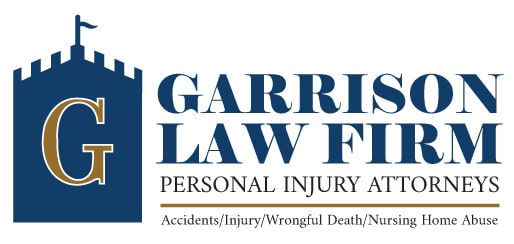As a personal injury case moves forward, some lawyers may seek out more information and an official chain of events from people involved in the accident. As a victim, your statement is an important part of the case. While written statements are common, some lawyers take things one step further with a deposition.
During a deposition, you will answer a series of questions related to the case. Learn exactly what to expect during a deposition, your best tips for success, and how to get over the trauma of reliving a car accident you went through.
Deposition Participants
The deposition will typically take place at one of the law offices, either your personal injury attorney’s office or the defense attorney’s office. You will receive notice of the deposition well ahead of time and can choose to reschedule if needed. Along with the attorneys on both sides, the deposition will include a court reporter who types up a transcript of the whole thing.
No witnesses or other parties typically attend the deposition. It does not take place in a courtroom and will typically be held in a small conference room.
Deposition Dress Code
You want to present your best self at the deposition and should wear business formal attire for the occasion. Every deposition is different, but your lawyer can give you further tips on your clothing, including whether to include accessories like a tie.
Treat the process like you would with any other part of a court case. Follow courtroom dress codes for the best results.
Deposition and Personal Injury Trials
When going into a deposition, it’s important to know that anything you say is likely not admissible in a court of law. The deposition itself is mainly used for discovery and fact-finding. You will go deep into your circumstances of the case. If you feel like you said something wrong or misleading, it cannot be used against you in a court of law.
If you have any concerns or questions, you can speak privately with your lawyer.
Deposition Answers
A majority of the deposition will consist of you answering questions from the defense lawyer. Early on, the questions will help build an overall picture of your personal life outside of the accident. It’s not uncommon to answer questions about your name, birthplace, current residence, and state of employment.
The court reporter wants to create a clear transcript. This is why it’s important to wait until a question is completely finished before speaking. Many of the questions may involve yes or no responses. When answering the questions, always use a verbal response as opposed to nodding. The verbal response is key for a court reporter.
If you do not understand a question, you can simply state that and the lawyer will rephrase the question so you can better understand. You can also ask your lawyer for help at any moment. At some points, your lawyer may object to a question and ask for a different one. Sit and listen, following your lawyer’s instructions for the best outcomes.
Deposition Recall
A big part of the deposition will include recalling the events of the accident. Your wording is important, especially when you don’t know exact details. If you are unsure of a specific question, there is no problem with answering with simple phrases like I don’t know or I don’t remember.
If you have an approximate time, then be sure to language like I believe it was around three o’clock. Memory recall and perception of events are drastically different for everyone involved, so you should only state the facts as you know them. There is nothing wrong with not knowing specific details. You will be penalized in any way, so do not force answers out.
Deposition and Personal Rights
The questions could take several hours, but you are not forced to go straight through. You have the option to take breaks when needed and can request them at any moment. You may take a break to use the bathroom, have a cup of water, or just get some fresh air. The deposition is not in a court of law or set by a judge’s schedule.
In some cases, your recall of the accident or the injuries that occurred could bring up deep feelings and emotions. You may request some time to calm yourself down before you continue answering questions.
Other Depositions
Along with your deposition, lawyers may seek out depositions and statements from other drivers in the crash, passengers, or witnesses to the crash. The depositions will help give a clearer picture of the accident and what details match up with everyone involved. In most cases, you won’t hear about the depositions and they will be just a routine part of the case moving forward.
For more information on personal injury cases, contact us at Garrison Law Firm. We can look over the circumstances of your case and plan the next steps forward when seeking an injury claim.


